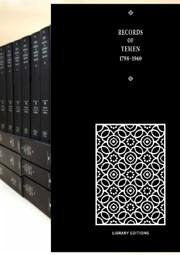
Cultural Exchange in Early Modern Europe 4 Volume Hardback Set
Versandkostenfrei!
Nicht lieferbar
At a time when the enlarged European Community asserts the humanist values uniting its members, this series of four volumes, featuring leading scholars from twelve countries, seeks to uncover the deep but hidden unities shaping a common European past. These volumes examine the domains of religion, the city, communication and information, the conception of man and the use of material goods, identifying the links which endured and were strengthened through ceaseless cultural exchanges, even during this time of endless wars and religious disputes. Volume I examines the role of religion as a vehic...
At a time when the enlarged European Community asserts the humanist values uniting its members, this series of four volumes, featuring leading scholars from twelve countries, seeks to uncover the deep but hidden unities shaping a common European past. These volumes examine the domains of religion, the city, communication and information, the conception of man and the use of material goods, identifying the links which endured and were strengthened through ceaseless cultural exchanges, even during this time of endless wars and religious disputes. Volume I examines the role of religion as a vehicle for cultural exchange. Volume II surveys the reception of foreigners within the cities of early modern Europe. Volume III explores the place of information and communication in early modern Europe. Volume IV reveals how cultural exchange played a central role in the fashioning of a first European identity.











